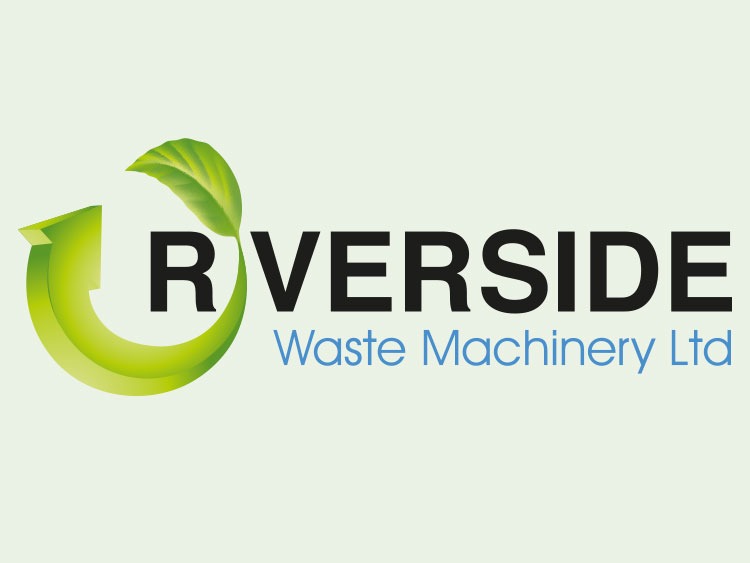Waste baler expert and Riverside managing director Jonathan Oldfield was asked to pen some thoughts for LAWR magazine this month, as the journal considered the complexities of the waste handling landscape, and the role that baling presses have to play. If you missed his write up, you can read his thoughts in full here:
There can be no denying that the world of waste handling has come a long way. If we look at the past two to three years alone we see the UK creeping ever closer to fulfilling various EU recycling targets, there is now greater appreciation for the commodity value of materials we would once have merely considered rubbish, and the circular economy is, gradually, developing some real substance in everyday business.
Of course, the further back we reflect, the more impressive the progress seems. For instance, we may once have considered refuse collection vehicles as nothing but ‘smelly bin lorries’. Now they are clean, energy-efficient technologies of sleek, aero-dynamic construction, with some councils going so far as to use them as communication tools in local communities.
The waste and recycling industry, in the advent of new challenges, has sat up and made its mark. So where do waste balers fit in?
In all honesty, they can get somewhat overlooked when it comes to recycling equipment. They’re perhaps not considered as ground-breaking as some technologies. A high resolution near infra-red optical sorter, for example, which ensures the precise and automated separation of targeted materials using identification algorithms and high-pressure air jets, will understandably attract attention. And it makes sense when an energy-efficient waste shredder hits the headlines because it can process bulky untreated material down to a fine 50mm particle size, consequently creating an alternative to fossil fuels.
Perhaps waste baling technologies just don’t seem as revolutionary. They predominantly handle packaging waste and dry recyclables, after all, so many would feel there’s nothing particularly novel on that front. Plus, from a technical standpoint, they’re quite simple, although that’s because they don’t need to be anything more.
That’s not to say that baler manufacturers shy away from innovation. Only recently a horizontal machine was introduced to the market, for instance, which has four times more throughput capacity than a vertical press. It also runs on oil-impregnated nylon blocks, rather than a roller bearing system that requires regular greasing and is susceptible to water ingress. This means less maintenance, greater uptime, and a machine that is suitable for outdoor operation, if required.
Such engineering advancements in waste baling may not break the same boundaries as the aforementioned examples. But they drive efficiencies to make the operator’s life easier, safer and more profitable, and ultimately, by facilitating greater recycling capabilities, they better protect the environment too.
Some people really acknowledge these benefits and place waste balers in fairly high regard. They note, perhaps, that they’re the ‘tortoise’ of the industry – a technological concept that, in itself, has been around a long time, but one that steadily continues to drive recycling success.
Others remember the advantages of using a baler when they take the time to really think about it, otherwise they wouldn’t have invested in such machinery in the first place. However, very much like a mobile phone, the baler has probably now become a part of everyday life, leaving its true value somewhat overlooked.
Then, of course, there are those who haven’t acknowledged the benefits, or who consider a baler purely in terms of capital outlay. In this scenario, it is the role of baler manufacturers and distributors to fill in the gaps and educate, evidence and inform. Why? Because some people may genuinely not realise or appreciate where balers fit into the waste handling jigsaw.
In truth, every business needs or could benefit from a baler, to some degree, which perhaps extends the relevance of the mobile phone analogy. The technology doesn’t just exist for large, high profile blue chip companies and, unlike a high-end optical sorter or a 20 tonne waste to energy shredder, a baler isn’t something that only projects of a certain size can afford.
Yes heavy duty balers and mill-size waste balers can produce bales of up to 650kg, and admittedly machines of this size lend themselves to larger waste handling scenarios. However, the industry also offers compact baling presses, with a small footprint, to provide a solution for organisations handling lighter volumes of packaging materials. Incredibly neat, hand-operated balers are even an option.
This variety of baling machinery – and the flexibility of procurement options – means an array of companies, large and small, can get to grips with their waste and reap the benefits. And throughout the country, hotels, shopkeepers, hospitals, manufacturers and MRFs, are just some of the businesses addressing their waste storage constraints, diverting waste from landfill, and generating a revenue stream from their recyclables.
Balers may be back-end machines; technologies that work hard behind the scenes. They are not the priority for a hotel, for example, whose primary objective is to fill rooms and encourage guests to return for another stay. However a baler has a part to play in that hotel running a successful, tidy and environmentally responsible business. It is a crucial piece of the jigsaw. And that’s what we need to keep communicating.
I entered into a debate with someone only a few weeks ago, about businesses like my own and the extent to which, because we supply waste handling machinery, we are ‘just waste management companies’, not ‘green thinkers’ or ‘sustainability champions’. For me this epitomised the work that needs to be done to raise greater awareness of the role we each play. We can’t ignore the industry’s buzz words and the importance of looking to the future, but nor should we neglect the hard work we’ve all put in to salvage valuable materials, support the waste hierarchy and drive the progress that the UK has achieved to date.
To discuss your waste baling requirements with Riverside Waste Machinery or to speak to Jonathan Oldfield regarding your waste handling scenario, please contact us on 01423 325038 or email sales@wastemachinery.co.uk.






